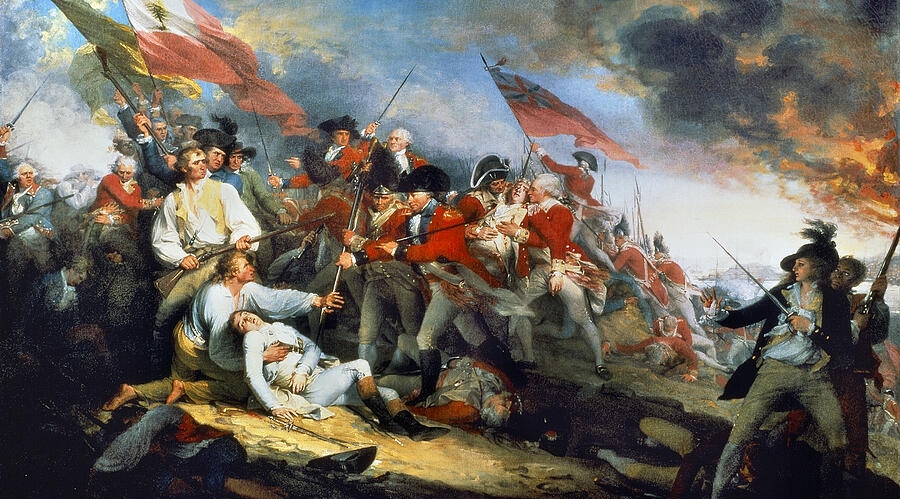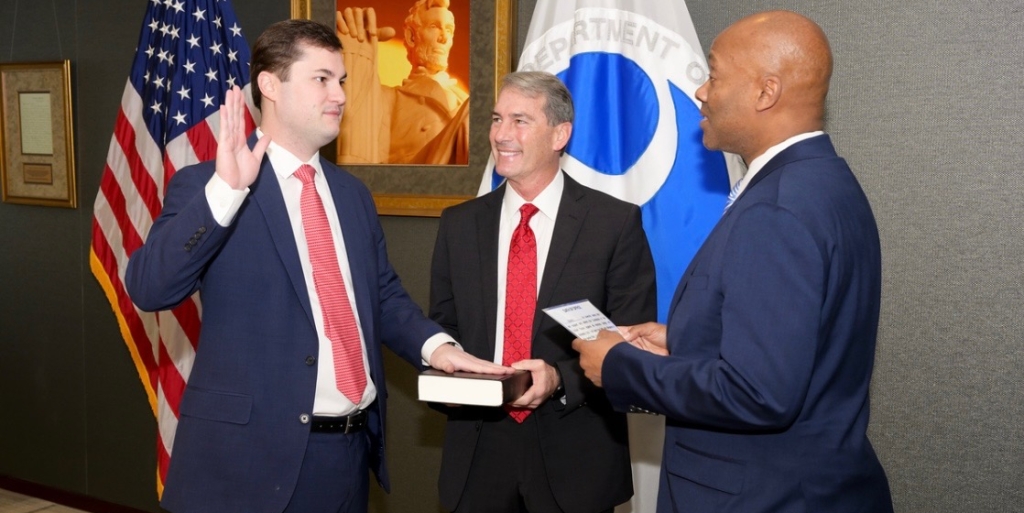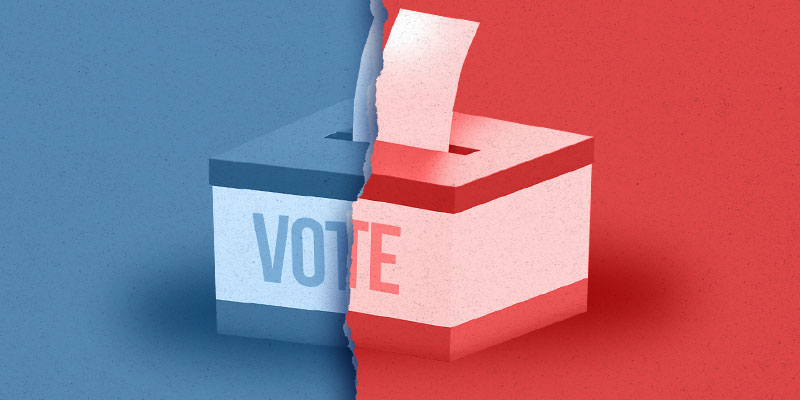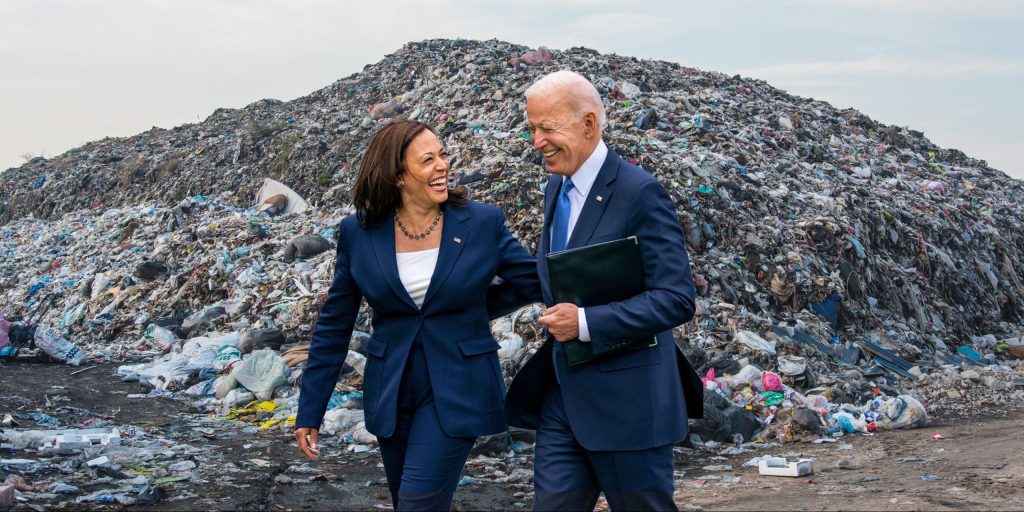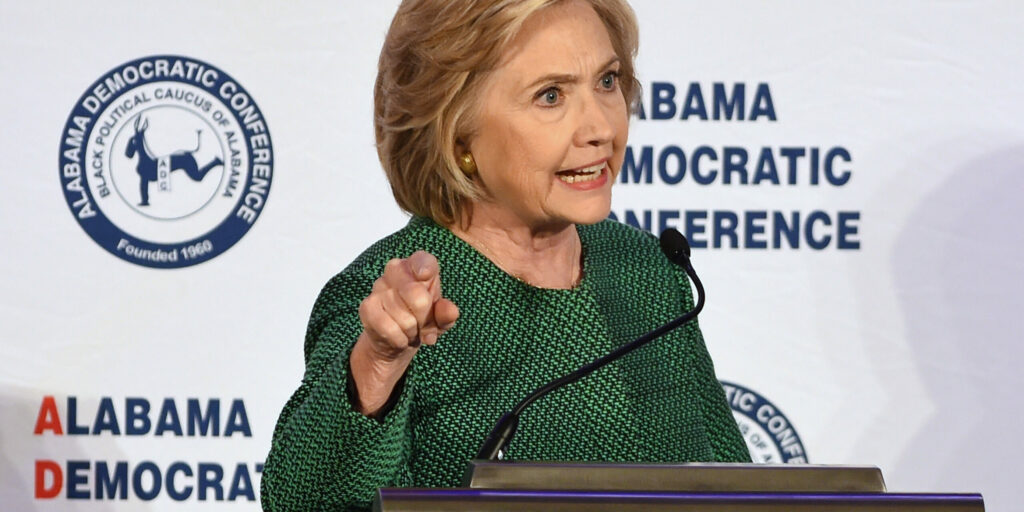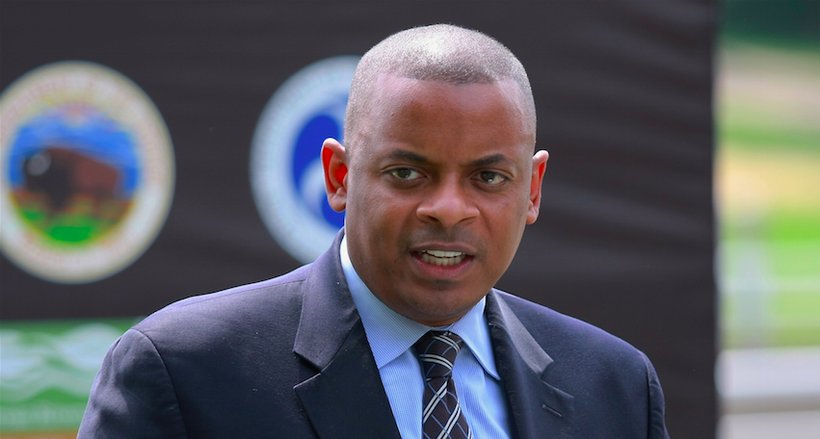
WASHINGTON — The Obama administration’s U.S. Department of Transportation on Wednesday announced it is launching an investigation into whether civil rights violations occurred when budget cuts resulted in the closure of 31 rural DMVs.
Alabama Governor Robert Bentley’s administration said, in an effort to inconvenience as few people as possible, the DMV closures were targeted at areas where the offices served the fewest number of citizens. Democrats have alleged the closures were targeted at areas of the state with the highest percentage of minority residents in an effort to disenfranchise voters.
U.S. Department of Transportation Secretary Anthony Foxx said his agency is launching its investigation under Title VI of the Civil Rights Act of 1964, which requires them to ensure federal tax dollars are not being used in a discriminatory fashion when they reach state and local governments.
“Today, the U.S. Department of Transportation is making it clear that Title VI is not optional and that we will work to make sure all of its components are enforced,” said Foxx. “Driver License Offices offer essential services to the American people, including providing thousands in Alabama with a method of identification. It is critical that these services be free of discrimination, and serve the people of the state fairly and equally.”
Governor Bentley shot back, saying the investigation is politically motivated.
“Despite what the Obama Administration claims, there were no driver license offices closed in Alabama,” he said in a statement released to the press. “Despite facts to the contrary, opportunistic politicians such as Hillary Clinton have politicized an Alabama budgeting issue to serve their own agenda, going so far as to travel to our state for the sole purpose of political pandering. This USDOT investigation is nothing more than a weak attempt to embarrass the people of Alabama and exploit our state in the name of a political agenda. I am confident that the USDOT investigation will find no basis for the claims of discrimination. It is time for the Obama Administration and aspiring national politicians to listen to facts, stop wasting taxpayers’ dollars and put the political agendas away.”
The USDOT investigation comes less than a week after the NAACP Legal Defense and Education Fund on Wednesday filed a lawsuit in Federal court challenging Alabama’s photo voter I.D. law. The suit claims requiring voters to show photo I.D. is “discriminatory” and would disenfranchise over 250,000 Alabamians, many of them black and latino, in violation of the Voting Rights Act of 1965.
“The State’s deliberate decision to enforce this discriminatory photo ID law, followed by the DMV office closures, has compelled us to take action,” said Sherrilyn Ifill, President and Director-Counsel of the NAACP Legal Defense and Education Fund. “It is appalling that sixty years after Rosa Parks’ courageous protest in Montgomery and fifty years after voting rights activists marched in Selma, the Alabama Legislature continues to pass laws that are designed to deprive people of color of their basic civil rights.”
Alabama Secretary of State John Merrill rejected the suit offhand, saying photo voter I.D. is in no way a barrier to voting, much less discriminatory.
“We want to make it real easy to vote and real hard to cheat,” Secretary Merrill said in a statement. “As of today, there have been no credible reports of a lack of ability for someone to cast their vote because of this law.”
Merrill, who is responsible for administering and overseeing the state’s elections, says there will still be multiple opportunities for people in every county to obtain an I.D. — including a free state-issued voter I.D. — prior to election day.
“All 67 counties in Alabama have a Board of Registrars that issue photo voter I.D. cards,” he said. “If for some reason those citizens are not able to make it to the Board of Registrars, we’ll bring our mobile I.D. van and crew to that county.” The van has already visited every county in the state at least once this year.
Drivers licenses are just one of the many forms of identification accepted at Alabama’s polling places. Other forms of acceptable I.D. include non-driver I.D., Alabama Photo Voter I.D. card, State Issued I.D., Federal Issued I.D., U.S. Passport, Employee I.D. from the Federal Government, State of Alabama, County, Municipality, Board or other entity of Alabama, Student or employee I.D. from a public of private college or university in the State of Alabama, Military I.D., or a Tribal I.D.
In spite of the wide variety of useable forms of identification and the state’s free voter I.D. offering, many Democrats have continued to criticize the photo voter I.D. law.
At a reception in honor of Black History Month last year, Vice President Joe Biden said he hopes Congress will “modernize” the Voting Rights Act of 1965 to counter the “hatred” behind voter ID laws in Alabama, North Carolina and Texas.
“These guys never go away,” Biden said of supporters of voter I.D. “Hatred never, never goes away. The zealotry of those who wish to limit the franchise cannot be smothered by reason.”
Democratic presidential frontrunner Hillary Clinton said that “it’s a blast from the Jim Crow past” and Jesse Jackson claimed that “this new Jim Crow isn’t subtle.”
Hans A. von Spakovsky, the Election Law Reform Initiative and Senior Legal Fellow at The Heritage Foundation, dismisses such criticisms.
“It’s really a sign of how desperate critics of voter-ID laws are that they would raise such inflammatory, ridiculous claims,” he said. “Alabama’s new voter-ID law for both in-person and absentee voting went into effect last year. Despite the outcries that it would ‘suppress’ votes, there have been no problems or complaints that anyone has been unable to vote because of the new requirement. It’s been the same in all of the other states, such as Georgia and Indiana, that have implemented such ID laws. I’ve written numerous papers looking at turnout data in states after ID laws became effective — ID laws have no discernible effect on decreasing or preventing turnout.”
Obama administration comes after Alabama with civil rights investigation https://t.co/kdSIwXiE87
— Cliff Sims (@Cliff_Sims) December 9, 2015





